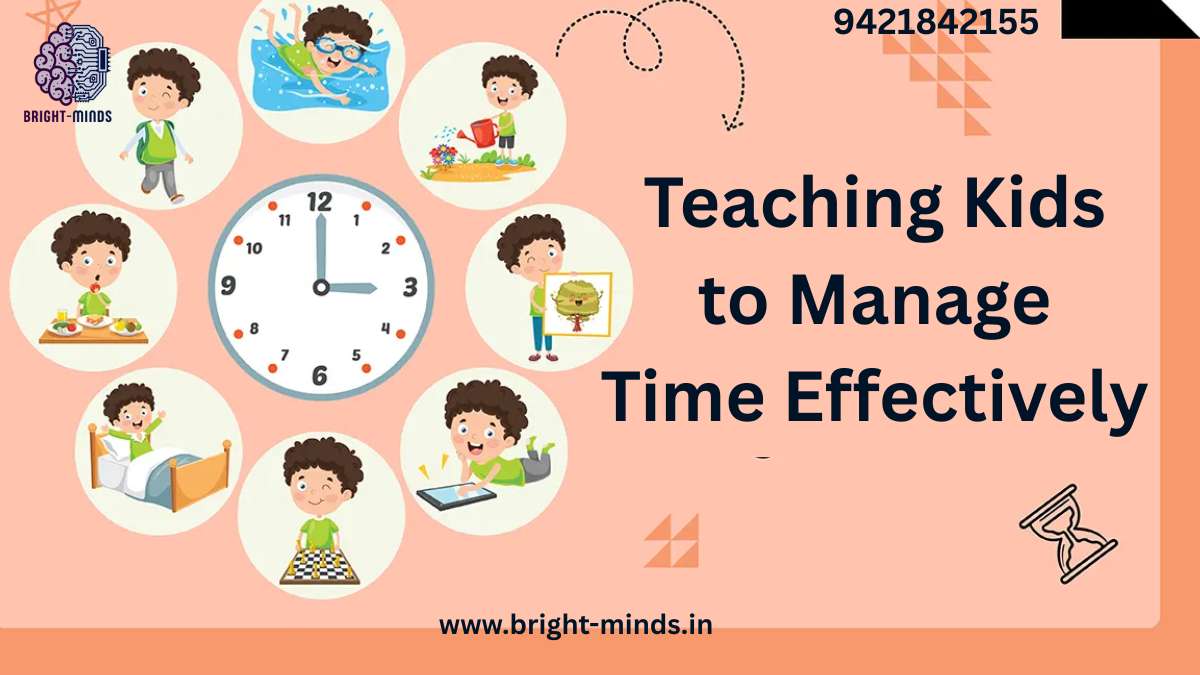“Mom, I forgot to do my homework.”
“I didn’t have time to finish my project!”
Sound familiar?
In today’s fast-paced world, time management isn’t just for busy adults—it’s a life skill that kids need now more than ever. From school assignments to screen time, sports, and social events, kids are juggling more responsibilities than ever before.
The good news? Time management is a teachable skill, and the earlier we start, the better equipped our children will be for success—not just in school, but in life.
🧠 Why Time Management Matters for Kids
Let’s face it—managing time doesn’t come naturally to most kids. But when they learn how to plan, prioritize, and stay on track, the benefits are huge:
- 📚 Improved academic performance
- 😌 Reduced stress and anxiety
- 💪 Better decision-making skills
- 🧭 Stronger sense of responsibility
- 🕹️ Balanced screen time and hobbies
Learning how to manage time effectively lays the foundation for financial literacy, goal setting, and long-term success—skills that carry over into adulthood and the workplace.
📊 Time Management in Today’s World: Market & Industry Insight
The EdTech and parenting industries are catching on. According to a 2023 report by EdWeek Market Brief:
68% of educators believe time management is among the top 5 non-academic skills students need to develop.
Meanwhile, educational apps, planners, and kid-focused productivity tools are booming, with startups and established players investing in time tracking, habit-forming games, and calendar-based apps tailored for young users.
Companies that support employee families are also incorporating time management programs into wellness initiatives—because helping children stay organized supports working parents too.
✅ Practical Tips: How to Teach Kids Time Management
Teaching kids time management doesn’t require fancy tools or a strict routine. It starts with small steps and consistency.
Here’s how to help your child build this essential skill:
🗓 1. Use Visual Schedules
Kids are visual learners. Use color-coded calendars, sticky notes, or whiteboards to map out daily tasks.
Example:
Create a simple morning checklist:
✔ Wake up
✔ Brush teeth
✔ Pack bag
✔ Breakfast
✔ Out the door by 7:30 AM
🕹 2. Break Tasks into Chunks
Teach kids to divide big projects into smaller, manageable parts. This reduces overwhelm and promotes progress.
Example: Instead of saying “Do your science project,” break it down:
- Day 1: Research
- Day 2: Gather materials
- Day 3: Create presentation
- Day 4: Practice
⏰ 3. Set Time Limits & Use Timers
Timers help children understand how long tasks actually take—and keep them on track.
Pro Tip: Try the Pomodoro Technique for Kids
25 minutes of focused work → 5-minute break → repeat.
🎯 4. Prioritize Tasks
Teach the “Must-Should-Could” method:
- Must do (e.g., homework)
- Should do (e.g., clean room)
- Could do (e.g., video games)
This builds decision-making and prioritization—key thinking skills that support success in every area of life.
🛠 5. Use Kid-Friendly Time Management Tools
There are tons of tools that make learning time management fun:
- Apps: Brili, Routinery for Kids, MyDailyPlanner
- Physical Planners: Custom journals or daily habit trackers
- Games: Time-focused board games like “Race to the Finish”
💬 6. Model Good Time Management
Kids learn by watching. If they see you planning your day, meeting deadlines, and taking breaks—they’ll follow suit.
Try this:
Plan a “family schedule Sunday” where you all fill out your week together.
🧸 7. Don’t Over-Schedule
Teaching time management isn’t about cramming every hour with tasks. Help kids learn balance by including:
- 🧘♀️ Downtime
- 🏃♂️ Physical activity
- 🎨 Creative hobbies
Time well spent isn’t always “productive”—it’s also joyful and intentional.
💼 How Companies Can Support Working Parents
If you’re part of an organization with family-friendly initiatives, consider:
- Hosting parenting workshops on time management
- Providing family planners or resources as employee benefits
- Offering flexible work hours so parents can help children develop routines
- Partnering with EdTech platforms that offer child development tools
Supporting time management at home directly contributes to employee productivity and mental well-being at work.
🧠 Time Management Builds Lifelong Success
The skills kids develop through time management don’t stop at childhood. They’re critical to:
- Budgeting money
- Managing deadlines at work
- Pursuing long-term goals
- Maintaining work-life balance
- Building healthy relationships
Time is one resource that can’t be bought back—so teaching children how to value and manage it is one of the most powerful gifts we can give.
You may also like this:-

